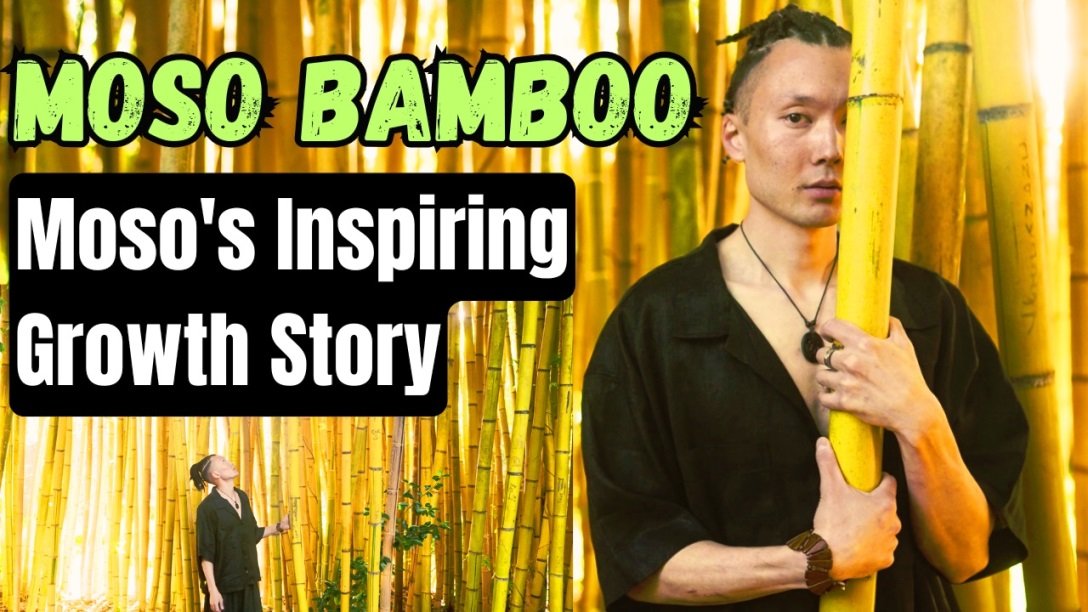
“God, take my soul to that place, where I may speak without words.” Rumi
In the profound silence of the soul, where words cease to exist, there lies a realm beyond the grasp of language, a sanctuary where the essence of our being communicates in a language unspoken yet deeply understood. This is the place Rumi speaks of, a divine abode where the soul transcends the limitations of words, connecting with the universe in a pure and unadulterated form.
Rumi, the 13th-century Sufi mystic, often explored themes of love, spirituality, and the human connection to the divine. His longing for a wordless communion with God reflects a deep understanding that the most profound truths and experiences often cannot be fully captured by language. In our modern world, filled with incessant noise and ceaseless chatter, Rumi’s words invite us to consider the power and beauty of silence and the profound connections that can be forged in its embrace.
The Limitations of Language
Language, while a powerful tool for communication, has its limitations. Words are often imperfect vessels, struggling to convey the depth of our emotions, thoughts, and experiences. We find ourselves searching for the right words, only to realize that they fall short, leaving much unsaid and misunderstood. This is especially true for the most profound and sacred aspects of our existence, such as our experiences of love, grief, and spiritual awakening.
Consider the experience of standing before a breathtaking sunset. The colors, the feeling of the warm sun on your skin, the sense of awe and wonder—these are sensations that words can only partially capture. Similarly, the depth of a mother’s love for her child, the grief of losing a loved one, or the ecstasy of a spiritual experience are emotions that transcend the boundaries of language. Rumi’s desire to speak without words is a yearning to transcend these limitations and connect with the divine in a more direct and intimate manner.
The Language of the Soul
In the realm Rumi envisions, the soul communicates through a different kind of language—one that is universal and timeless. This language is not spoken with the tongue but felt with the heart. It is the language of love, compassion, and truth, a silent symphony that resonates within us and connects us to the greater whole.
This concept is not unique to Rumi or Sufism. Many spiritual traditions recognize the limitations of words and the importance of silence in connecting with the divine. In Buddhism, for example, there is an emphasis on meditation and mindfulness, practices that cultivate a deep inner silence and awareness. In Christianity, contemplative prayer involves quieting the mind and listening for the still, small voice of God. These practices reflect a universal understanding that true communion with the divine often occurs in the spaces between words, in the silent depths of the soul.
The Power of Silence
Silence is not merely the absence of sound; it is a presence in itself, a space where we can encounter the divine and our true selves. In silence, we strip away the noise and distractions of the external world, allowing us to tune into the subtler, more profound frequencies of existence. It is in this sacred silence that we can hear the whispers of the soul and the voice of the divine.
Rumi’s longing to speak without words is an invitation to embrace this silence, to enter into a state of being where we can connect with the deeper truths of our existence. It is an invitation to move beyond the superficial and the mundane, to explore the inner landscapes of our soul and the divine mysteries that lie within.
Connecting Beyond Words
In our relationships with others, we also experience moments where words are inadequate. A loving glance, a comforting touch, or a shared silence can convey more than a thousand words ever could. These nonverbal expressions are powerful because they emerge from a place of genuine connection and understanding. They reflect the truth that, at our core, we are beings of emotion and spirit, capable of profound connection beyond the confines of language.
In the realm of art, music, and nature, we find other ways of communicating without words. A piece of music can evoke emotions and tell stories in ways that words cannot. A painting can capture the essence of an experience or a feeling in a single image. Nature, in all its beauty and grandeur, speaks to us in a language that is both ancient and timeless, reminding us of our place in the cosmos and the interconnectedness of all life.
Embracing the Wordless Communion
Rumi’s words challenge us to seek this deeper connection in our daily lives. They encourage us to cultivate moments of silence and reflection, to listen to the whispers of our soul and the voice of the divine. In a world that often values noise and busyness, embracing silence can be a radical and transformative act.
We can start by setting aside time each day for silence and contemplation, creating sacred spaces where we can connect with our inner selves and the divine. We can practice mindfulness and meditation, allowing ourselves to be fully present in the moment and attuned to the subtler aspects of our experience. We can also seek to deepen our connections with others through acts of genuine presence and empathy, recognizing that the most meaningful connections often transcend words.
“God, take my soul to that place, where I may speak without words.” Rumi’s words invite us to journey to a place of profound connection and understanding, a place where the soul communicates in a language beyond words. In embracing this wordless communion, we open ourselves to the deeper truths of our existence and the divine mysteries that lie within and around us. In the silence of our soul, we find the voice of the divine, speaking to us in a language that is as ancient as it is timeless, as universal as it is personal. It is in this sacred silence that we discover the true essence of our being and our place in the cosmos.


